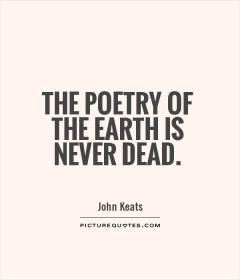It’s been a good year, and a long haul, and I’m tired. I didn’t think I could be tired of poetry, but I’m tired of this project. So long, it’s been good to know you….
I began on October 10, 2013. First on Facebook, then here. The Tumblr part of the project was much harder to keep up with. But, for all the trials, it’s been a very interesting experiment and I’ve written some poems I’m proud of. I hope now, that I’m not focusing so much on new work, I’ll be able to get some of the raw poems tuned up into poems that might get published.
If you’re interested, I wrote about the PAD (and about my writing process in general) on a post on my other blog, “A Twirly Life” last week, as part of a Virtual Blog Tour.
For the final prompt in the project, I offer you some resources. These are books and websites that I’ve used over the years to get me writing and help keep me writing. I hope that they might serve you.
Books I Like
- Poemcrazy by Susan G. Wooldridge
- Vibrant Words by Erica Goss
- Writing Down the Bones by Natalie Goldberg
- Life Work by Donald Hall
- A Poetry Handbook by Mary Oliver
- Princeton Encyclopedia of Poetry and Poetics (for real geeks)
- The Making of a Poem, Norton Anthology of Poetic Forms (for geeks, but written for anyone)
- Beautiful and Pointless by David Orr
National Society Websites
- The American Academy of Poets (www.poets.org)
- The Poetry Foundation (www.poetryfoundation.org)
- The Poetry Society of America (www.poetrysociety.org)
International
- The Poetry Society (UK) (www.poetrysociety.org.uk)
For High School Students
- Poetry Out Loud National Recitation Contest (www.poetryoutloud.org)
- The National English Honor Society for High Schools (www.nehs.us)
- Poetry 180: A Poem a Day for American High Schools (www.loc.gov/poetry/180/)
For Younger Kids
- Kenn Nesbitt’s Poetry For Kids (poetry4kids.com)
- Poetry on PBS Kids (http://pbskids.org/arthur/games/poetry/what.html)
Don’t worry, I’ll still post on Facebook and keep up with current events and the upcoming 2015 Cupertino International Poetry Festival here, but no more prompts weekly (or not even weekly!).
(I’m not sure what to make of 43 prompts — in a whole year there should be 52, if they were really weekly. Once I get to the number crunching, it will be clear what happened. 43 is not such a bad number.)


















